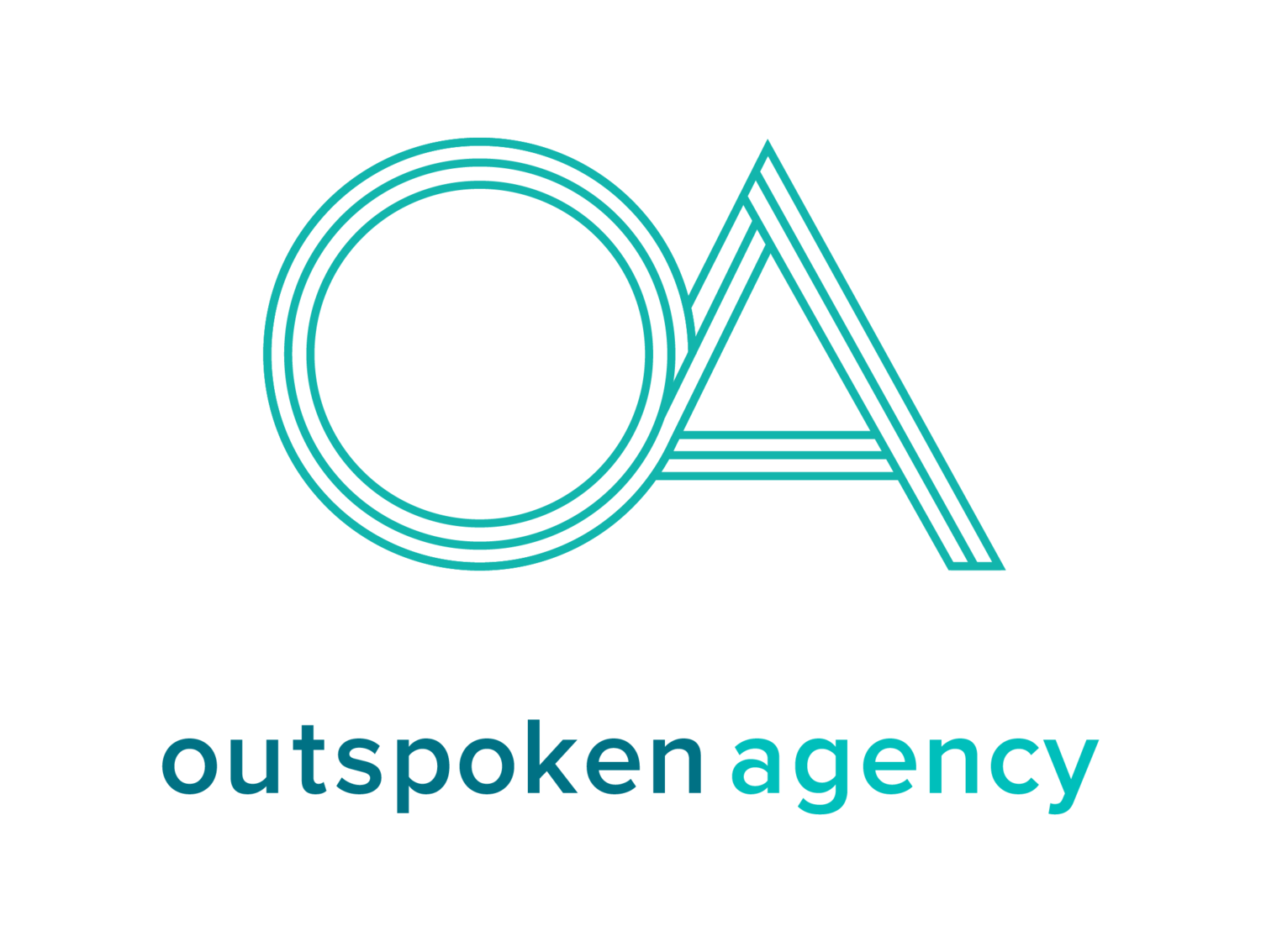Patricia Arquette tackles public health crises, sexual violence, & climate concerns with compost sanitation
/The subject of human waste isn’t exactly a welcome topic in most dining rooms and boardrooms. It’s even a topic that intimate parties—lovers, parents and children—intentionally avoid. While there are many reasons why such a phenomenon exists, let’s just sum it up to the fact that all things surrounding what goes on inside of and that which passes through one’s body is, and should always be, a deeply personal and private matter. But when we turn our attention to how the management of our human excreta directly impacts the daily lives and health of others and ourselves, we’ll notice an urgent need for collective dialogue and problem-solving. What we do with our individual human waste undeniably matters to us all!
Outspoken speaker and public health humanitarian Patricia Arquette and her organization, GiveLove, an NGO dedicated to teaching and promoting Ecological Sanitation (EcoSan) and compost sanitation, understand that untreated human waste is an invisible killer and serious environmental hazard.
According to GiveLove, in the developing world, over 90% of fecal sludge from latrines is untreated and improperly disposed of, contaminating the environment, groundwater, and natural water resources.
According to the World Health Organization (WHO), “Lack of sanitation is a serious health risk and an affront to human dignity. It affects billions of people around the world, particularly the poor and disadvantaged. If the trend continues as currently projected, by 2015 there will be 2.7 billion people without access to basic sanitation. Every US $1 invested in improved sanitation, translates into an average return of US $9.” Our current waterborne sewages systems are already negatively disrupting our lives.
Not only does improper sanitation systems affect our environment and our wallets, it also affects more personal spheres of our daily lives. Women, girls, and femmes are disproportionately more vulnerable to physical and sexual violence in public restrooms across the world. In addition, many drop out of school and quit work because they have no place to menstruate and deal with their menstrual needs.
Consequently, proper sanitation that provides a safe and private place to manage waste and doesn’t pollute water or soil is a crucial matter that must be addressed from dining rooms to boardrooms and beyond.
Enter EcoSan’s compost sanitation: Ecological sanitation is an approach to sanitation that sees human excreta as a valuable resource, rather than a waste product. A “compost sanitation” system collects human excreta before it comes into contact with either soil or water and reproduces into “humus”—a valuable resource that can safely be used to improve soils. This process requires less water, produces no odor, indirectly removes carbon dioxide from the atmosphere, and costs very little in comparison to waterborne sewage systems. More household compost sanitation facilities would also allow women and girls a safe place to take care of their bodily personal needs—something especially important to Arquette as a women’s rights activist.
Arquette and GiveLove have made it their mission to promote and install compost sanitation systems around the world in hopes of not only bettering our daily lives, but also ensuring the future of our planet. By developing teaching module guides on EcoSan in several languages, they’re promoting the education and understanding of the importance of this practice for the future health of those in developing countries as well as learning how this assists in the collective reduction of our carbon footprint as part of the issues of climate change.
Patricia Arquette is available to book for virtual and in-person events and workshops to discuss topics on eco-sanitation, women’s rights, and more. For more information on bringing her to your next event, click here.
———
Outspoken Agency is a women-owned speaking agency representing leaders, founders, public intellectuals, authors and entertainers for paid keynotes, workshops and panels at in-person and virtual events. Learn more about our female founders here.

